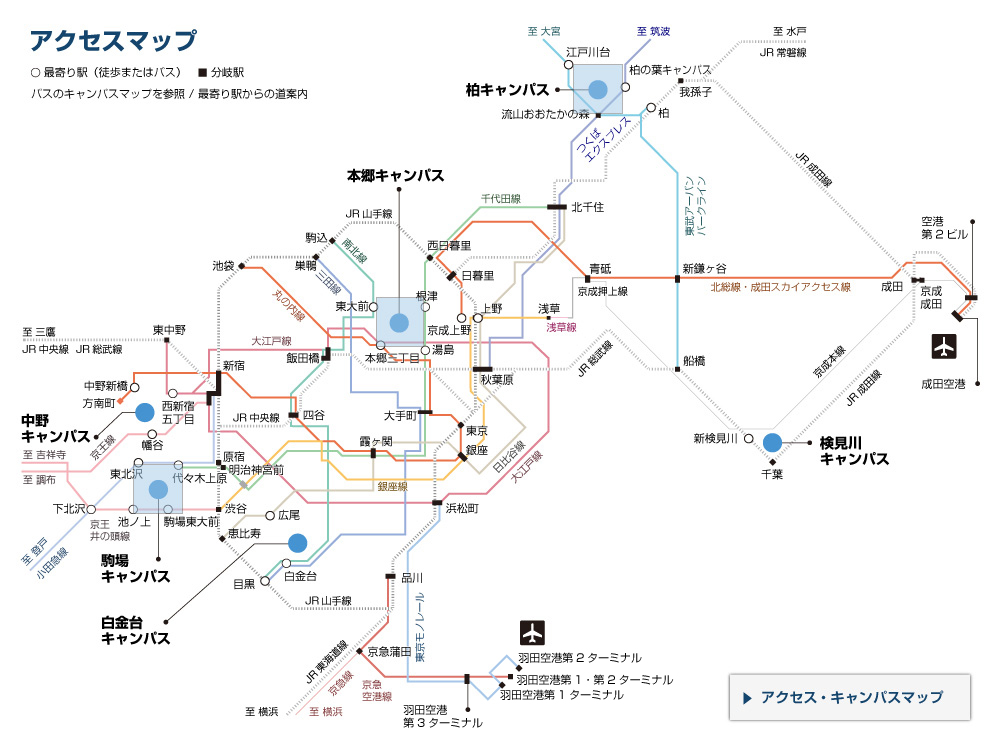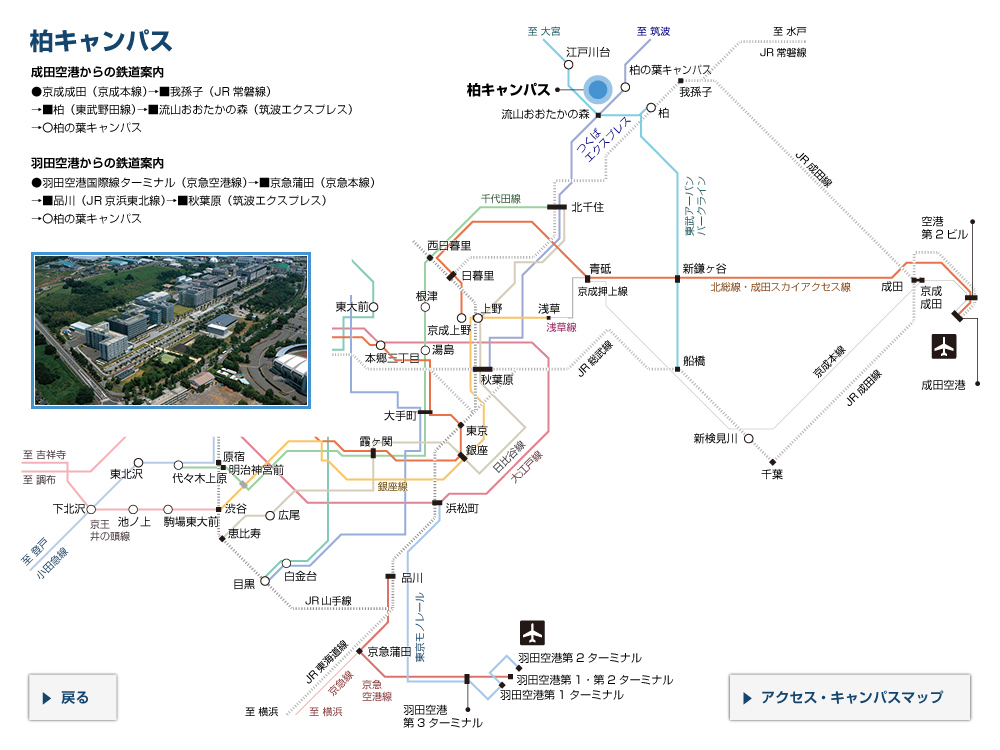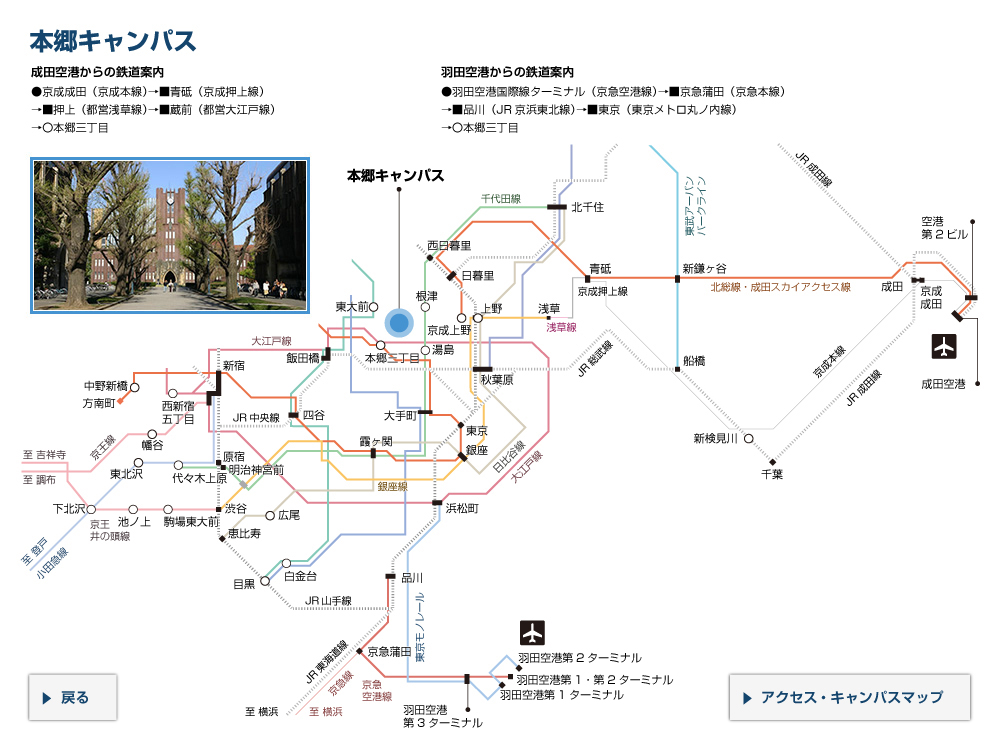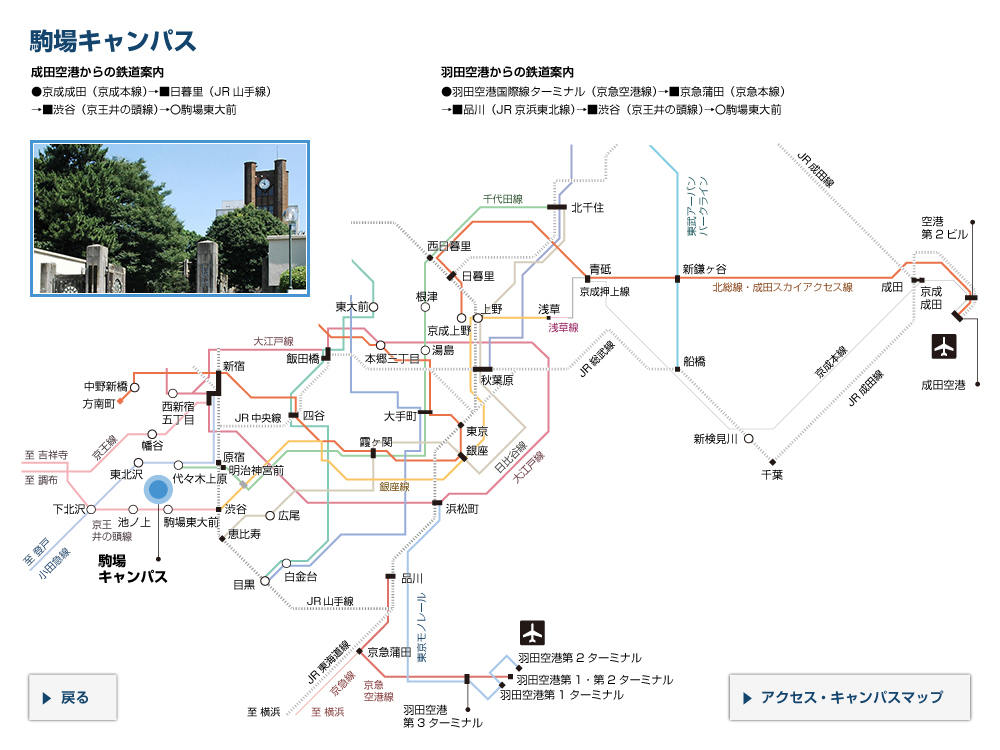国連「持続可能な開発ソリューション・ネットワーク」大学長会合での総長スピーチ

2020年7月9日から10日にかけて、国連の「持続可能な開発ソリューション・ネットワーク(Sustainable Development Solutions Network: SDSN)」の学長会合がオンラインで開催され、コロナ時代において大学がどのようにSDGsの達成に貢献するかが議論されました。初日の9日には五神総長がスピーチを行い、地球規模の課題解決のためには、大学が多様なセクターの人々と協働し、社会変革を駆動する役割を担っていく必要があると述べました。そしてそのような活動を主導すべく東京大学にグローバル・コモンズ・センターを設置することや、より良い未来づくりを目指したGlobal Commons Stewardship Index(グローバル・コモンズの責任ある管理に関する国際的に共有される知的枠組み)の開発の計画について紹介しました。
スピーチの全文は以下からご覧いただけます。
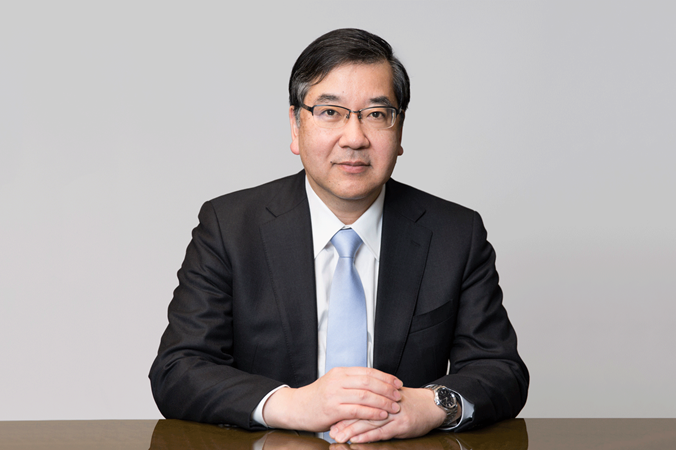
COVID-19 reminds us that many global issues, including climate change, have emerged from the same context. Human activity has grown exponentially and has eroded the capacity of our planet’s systems, which we call the “Global Commons”. The fundamental solution is to catalyze a systems change to our current economic model.
This pandemic has had a particularly serious impact on the poor and powerless. This shows we must enhance the resilience of our socio-economic systems. Most seriously, our existing framework of international cooperation, which is based on inter-governmental system, failed to respond immediately.
Meanwhile, we are now living in the era of digital transformation. We started to use the internet at the end of the twentieth century as a communication tool. With recent advances in AI, we are now entering a new phase where data can be fully used in real time, and the real world and cyberspace are deeply connected. In this new world, all activities carried out by individuals, companies and states, are accumulated as digital data. This has changed the way we invest and consume, and reshaped capitalism itself.
More and more of our real-world activities are made visible in cyberspace. People have started to make decisions by referring to this data constantly. New technologies can protect people from natural disasters, connect people in remote places, reduce disparities, within age, ability, gender, race or location. They can create new services that contribute to creating an inclusive society, where diversity is fully valued and everyone can live the life they choose. These new technologies and services enable us to address the challenges of COVID-19 by sustaining socio-economic activity while preventing infection.
My question to you is this: How can we make the best use of the potential of these new technologies and services to tackle global challenges and safeguard the Global Commons?
In this new era where the real world and cyberspace are deeply connected, cyberspace can accelerate the transformation of our economic systems, but it can also disrupt progress. Currently, cyberspace is full of fake news, offensive behavior and trans-national cyber terrorism. This is creating new fears and concerns for humanity. We need to establish trust in cyberspace. We need to steward this “Cyber Global Commons”. To tackle global challenges such as COVID-19 and climate change and steward the “Global Commons”, we need a systemic transformation of our current economic model. By doing so, we need to secure the global commons in cyberspace that is deeply integrated with the real world.
The next question is, how we can encourage people to act towards fostering the global commons. The important thing is to try to understand our challenges over multiple time scales and mobilize a variety of expertise to promote interdisciplinary cooperation. The university is the best place to do this. Academic research represents different streams of time. For example, in my research field, physics, research ranges from the 13.8 billion year-history of our universe to ultrafast phenomena that occur in a very short time, in the scale of attoseconds, or ten to the minus eighteen seconds.
However, universities alone cannot solve these global challenges. The university's role is to propose a vision for solving global challenges, and provide a platform for governments, industry and civil society to work together. This platform will enable us to create a new system to drive the transformation of society.
Now, through the experience of COVID-19, more and more people are realizing that many global issues emerge from human activity, damaging the health of the “Global Commons”. There is a growing willingness to embrace “disruption” to the current system.
In this light, the University of Tokyo will launch the Center for Global Commons on August first. The center aims to develop a Global Commons Stewardship Index and compare how countries and companies are contributing to protecting the global commons. By making this index available to everyone, we hope to encourage policy debate, and pave the way for the world to work together towards a common goal.
Each country contributes to the global commons in different ways. The center aims to integrate these various approaches and create an inclusive concept of the global commons, reflecting the diversity of human society. We hope to create an effective indicator that can influence investor and consumer action, and drive transformation of global financial models.
In addition, through our research, we hope to drive a multi-stakeholder coalition in fields such as circular-economy and food systems, which are all important elements for safeguarding the global commons.
I hope this center will be a platform for collaboration. Everyone in the world is welcome to join the discussion. Let us work together to create a better future society. Thank you.
スピーチの全文は以下からご覧いただけます。

The Sustainable Development Solutions Network (SDSN)
University Sector Support to UN Secretary-General's Call
for a Decade of Action on the SDGs
- A Meeting of Presidents of Universities -
Address by
Makoto Gonokami,
President of the University of Tokyo
July 9th 2020
COVID-19 reminds us that many global issues, including climate change, have emerged from the same context. Human activity has grown exponentially and has eroded the capacity of our planet’s systems, which we call the “Global Commons”. The fundamental solution is to catalyze a systems change to our current economic model.
This pandemic has had a particularly serious impact on the poor and powerless. This shows we must enhance the resilience of our socio-economic systems. Most seriously, our existing framework of international cooperation, which is based on inter-governmental system, failed to respond immediately.
Meanwhile, we are now living in the era of digital transformation. We started to use the internet at the end of the twentieth century as a communication tool. With recent advances in AI, we are now entering a new phase where data can be fully used in real time, and the real world and cyberspace are deeply connected. In this new world, all activities carried out by individuals, companies and states, are accumulated as digital data. This has changed the way we invest and consume, and reshaped capitalism itself.
More and more of our real-world activities are made visible in cyberspace. People have started to make decisions by referring to this data constantly. New technologies can protect people from natural disasters, connect people in remote places, reduce disparities, within age, ability, gender, race or location. They can create new services that contribute to creating an inclusive society, where diversity is fully valued and everyone can live the life they choose. These new technologies and services enable us to address the challenges of COVID-19 by sustaining socio-economic activity while preventing infection.
My question to you is this: How can we make the best use of the potential of these new technologies and services to tackle global challenges and safeguard the Global Commons?
In this new era where the real world and cyberspace are deeply connected, cyberspace can accelerate the transformation of our economic systems, but it can also disrupt progress. Currently, cyberspace is full of fake news, offensive behavior and trans-national cyber terrorism. This is creating new fears and concerns for humanity. We need to establish trust in cyberspace. We need to steward this “Cyber Global Commons”. To tackle global challenges such as COVID-19 and climate change and steward the “Global Commons”, we need a systemic transformation of our current economic model. By doing so, we need to secure the global commons in cyberspace that is deeply integrated with the real world.
The next question is, how we can encourage people to act towards fostering the global commons. The important thing is to try to understand our challenges over multiple time scales and mobilize a variety of expertise to promote interdisciplinary cooperation. The university is the best place to do this. Academic research represents different streams of time. For example, in my research field, physics, research ranges from the 13.8 billion year-history of our universe to ultrafast phenomena that occur in a very short time, in the scale of attoseconds, or ten to the minus eighteen seconds.
However, universities alone cannot solve these global challenges. The university's role is to propose a vision for solving global challenges, and provide a platform for governments, industry and civil society to work together. This platform will enable us to create a new system to drive the transformation of society.
Now, through the experience of COVID-19, more and more people are realizing that many global issues emerge from human activity, damaging the health of the “Global Commons”. There is a growing willingness to embrace “disruption” to the current system.
In this light, the University of Tokyo will launch the Center for Global Commons on August first. The center aims to develop a Global Commons Stewardship Index and compare how countries and companies are contributing to protecting the global commons. By making this index available to everyone, we hope to encourage policy debate, and pave the way for the world to work together towards a common goal.
Each country contributes to the global commons in different ways. The center aims to integrate these various approaches and create an inclusive concept of the global commons, reflecting the diversity of human society. We hope to create an effective indicator that can influence investor and consumer action, and drive transformation of global financial models.
In addition, through our research, we hope to drive a multi-stakeholder coalition in fields such as circular-economy and food systems, which are all important elements for safeguarding the global commons.
I hope this center will be a platform for collaboration. Everyone in the world is welcome to join the discussion. Let us work together to create a better future society. Thank you.



